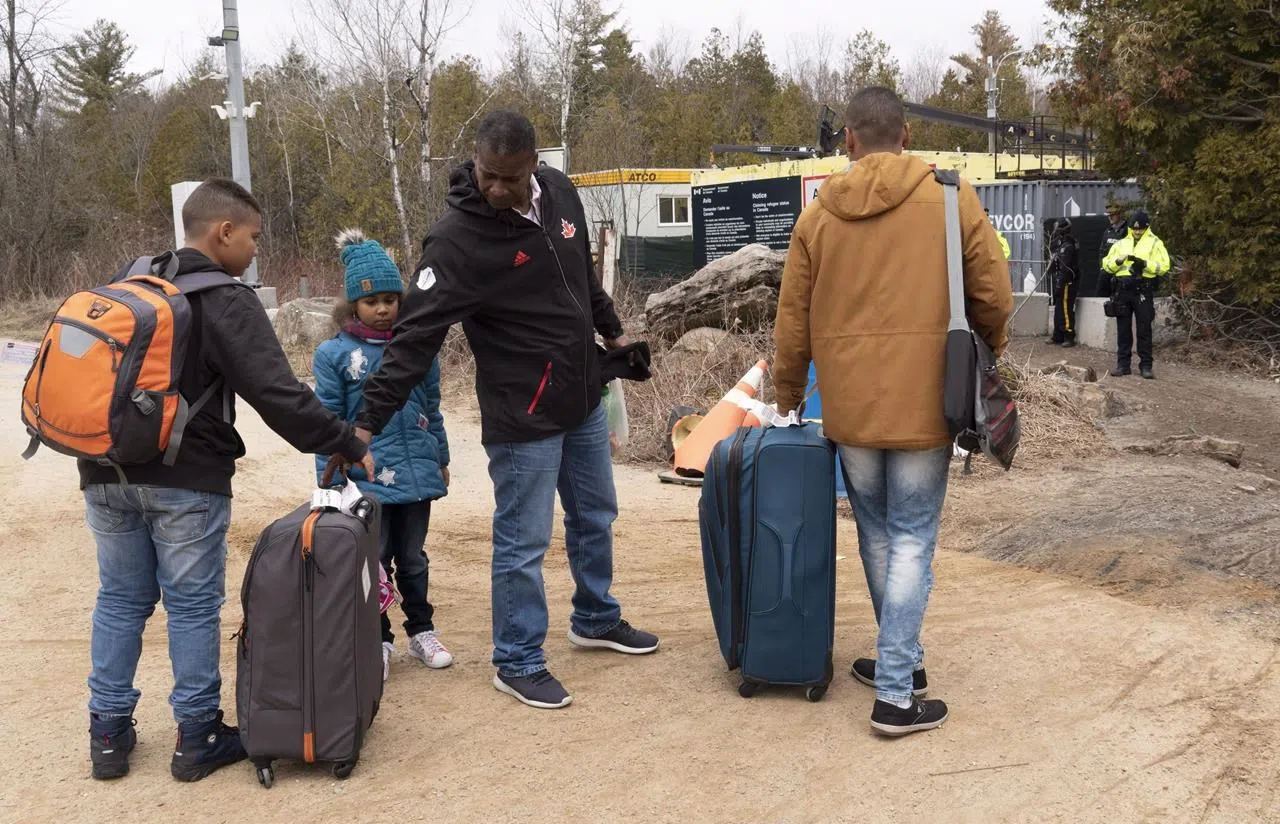
Canada resettled more refugees than any other country in 2018, UN says
OTTAWA — As the number of displaced people worldwide reaches modern highs, new figures show Canada resettled more refugees last year than any other country and had the second-highest number of refugees who gained citizenship.
The United Nations High Commissioner for Refugees’ latest report shows the number of people fleeing war, persecution and conflict has exceeded 70 million — the most since the Second World War.
About 1.4 million refugees were in need of resettlement in 2018 but only 92,400 refugees were actually resettled, in 25 countries.
Canada accepted 28,100 refugees for permanent resettlement last year. The United States was second with 22,900.
